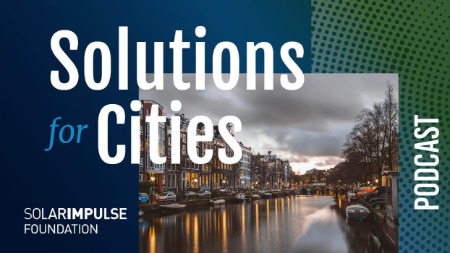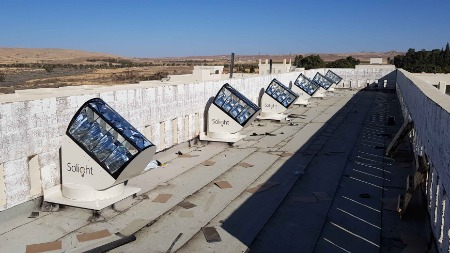News - November 24, 2022
Integrating sustainability criteria into public procurement: an overlooked booster for clean technologies adoption


Written by ICLEI
Given the importance of public sector spending on goods and services - in Europe this amounts to 14% of GDP - integrating sustainability criteria into public procurement processes has the potential to create markets favorable to adoption of such technologies, processes or services and create economies of scale that will drive down prices.
To integrate Green Public Procurement (GPP) criteria, it is valuable to have clear environmental targets - what is the city's environmental footprint, by how much can it be reduced, and by when. Purchasing can then be linked to these objectives, with those responsible, mandated and empowered to include the sustainability dimension in published tenders. Whilst such clarity is not required to get started - and requires some effort - over time it will give direction and purpose.
Designing these criteria is a careful balancing act between function, cost, and environmental impact. The most mature technology will almost certainly be the cheapest, but it is important to recognize that sustainable technologies that are effective and cost comparable to mainstream alternatives are available.
It is critical that the whole-life cost of a given procurement is included, [...] where many of the hidden benefits will be found: increased efficiency, reduced resource use, recyclability, facilitated waste disposal...
To this end, it is critical that the whole-life cost of a given procurement is included, as this will be where many of the hidden benefits will be found: increased efficiency, reduced resource use, recyclability, facilitated waste disposal to name but a few. Furthermore, it is critical to conduct market engagement with suppliers to inform them of your needs and ambitions, and to understand what alternative solutions exist.
Training is crucial at all levels, but especially for procurement practitioners for whom this is a complex and critical role
Knowledge as to the existence of these solutions and the benefits they bring are difficult to capture. That is why training is crucial at all levels, but especially for procurement practitioners for whom this is a complex and critical role. They have the challenge of aligning immediate needs with longer term objectives, balancing the costs with the benefits accrued, and ensuring that the sum of these actions meets the environmental objectives that have been set. Crucially, procurement practitioners must also be empowered in this role.
Procurement as the backbone of a city's sustainability strategy: the case of Lisbon
Lisbon's Procurement Planning Platform (PPP) serves as the backbone for a strategic sourcing approach towards sustainability and innovation, supporting needs assessments, the registration of annual needs for goods, works and services, identifying social, green and economic measures for consideration in future tenders.
The PPP favors budget and procurement annual planning, by identifying SDGs related to the PP initiatives. The platform sets sustainability targets at the PP Pre-tendering stage, it identifies sustainability key-procurement areas in the Smart Open Lisbon Program. Finally, it creates an Annual PP Plan and provides data for monitoring it, following internal regulation that defines the mandatory steps allowing all procurement units to register and categorize their purchasing needs.
Discover more, including other contributions by leading organisations in the Solutions Guide for Cities

Written by ICLEI on November 24, 2022


